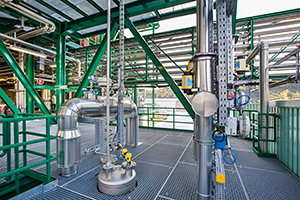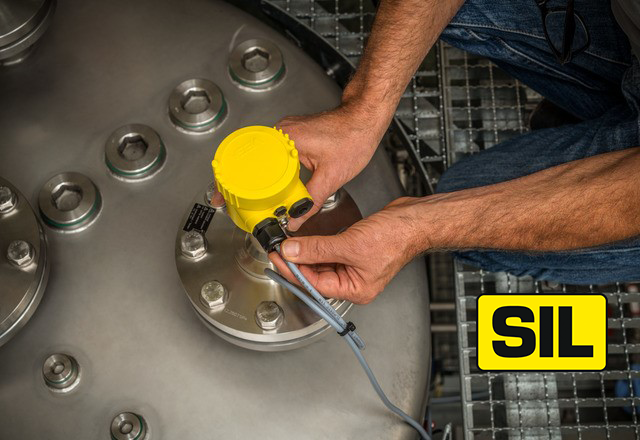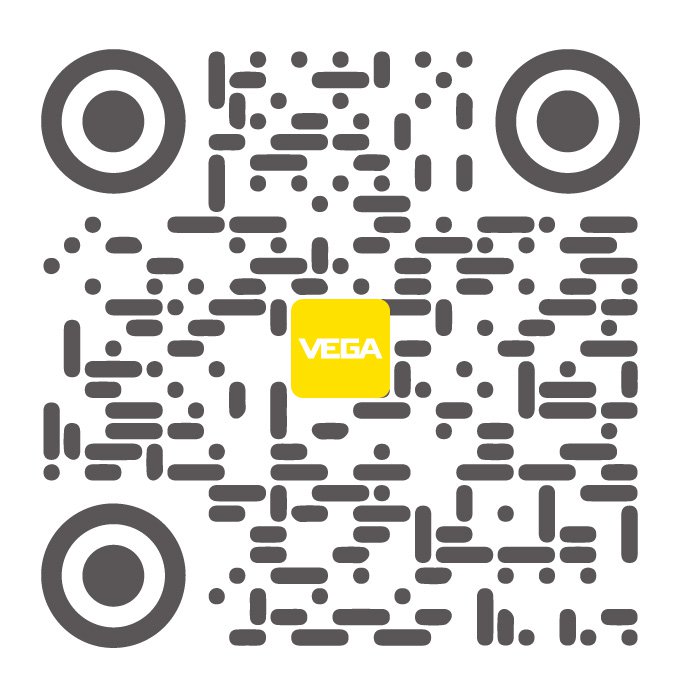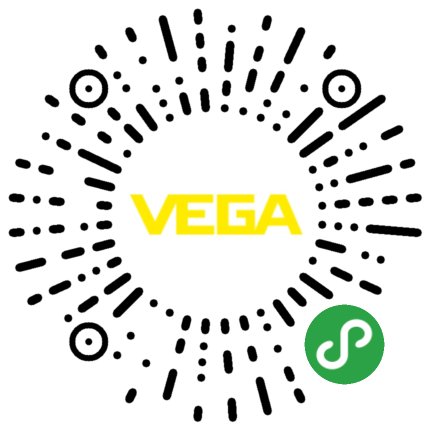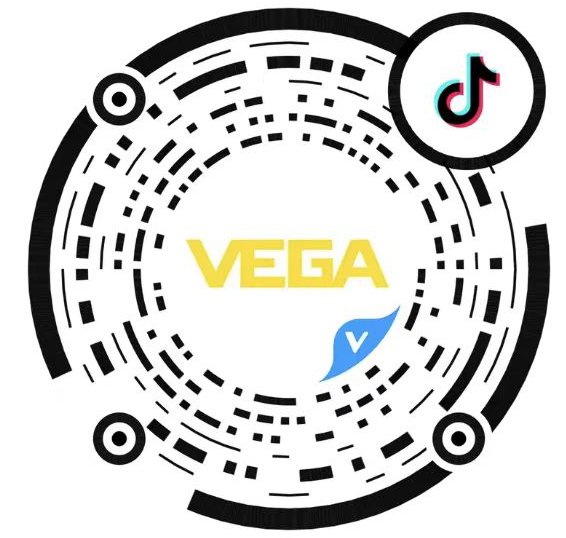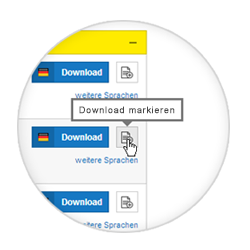Safety in the chemical industry: Measurement technology for extreme conditions
Why is safety so important in the chemical industry?
VEGA offers sensors designed to meet these challenges. They measure level and pressure with high precision, even under extreme conditions, and help make processes safe and efficient.
How does VEGA support explosion protection in the chemical industry?
In the hazardous areas of chemical plants, flammable gases or dusts can pose significant risks. The zone concept divides hazardous areas into different zones based on the frequency and duration of explosive atmospheres. Zone 0 (gas atmosphere) or Zone 20 (dust) describes areas where an explosive atmosphere is present continuously or for long periods, such as in tanks containing flammable liquids. Zone 1 or 21 covers areas where explosive atmospheres can occasionally occur under normal operating conditions, for example at plant ventilation ports. Zone 2 or 22 refers to areas where an explosive atmosphere occurs only rarely and only for short periods, such as in the vicinity of pumps. This zone concept is used to determine suitable protective measures and instrument types that may be deployed in the respective areas.
Sensors from VEGA are equipped with protection concepts that help to minimise these hazards:
- Intrinsic safety (Ex i): Sparks and overheating are prevented by limiting electrical energy.
- Flameproof enclosure (Ex d): The housing provides protection by limiting internal explosions and preventing them from escaping.
VEGA sensors meet international standards such as ATEX and IECEx and are suitable for use in zones 0, 1 and 2. High-quality materials like stainless steel and PTFE further increase resistance to aggressive media.
What does functional safety mean and how is it implemented?
Sensors like VEGAPULS 6X have been developed to fulfil safety requirements up to SIL3. Advanced diagnostic functions detect potential faults at an early stage and switch the sensor to a safe state if necessary. The digital documentation of tests supports plant operators in effectively implementing and monitoring safety standards.
How does VEGA protect networked measuring instruments from cyber attacks?
The increased networking of chemical plants, right down to the production area (field), brings with it new challenges: e.g. the possibility of cyberattacks, which can compromise not only data security but also operational reliability.
VEGA pursues a multi-level security concept, which has been realised, for example, in the new radar level transmitter VEGAPULS 6X:
- IEC 62443 certification: the instruments are designed to meet high security standards.
- Encrypted communication: Protects against unauthorised access and data manipulation.
- Event memory and integrity check: Records tampering attempts and checks firmware updates.
VEGA's dedicated security team (PSIRT) ensures that threats are quickly identified and appropriate action is taken.
What is the “Second Line of Defense” concept?
Gas-tight feedthroughs and flameproof enclosures, such as those used for VEGAFLEX or VEGABAR, ensure that external influences do not affect the sensors. This concept reduces the risk of breakdown and supports continuous long-term measurement.
Conclusion: How does VEGA promote safety in the chemical industry?
The combination of robust materials, modern technologies and advanced protection concepts makes VEGA sensors an important part of secure and efficient production systems.
Related industries
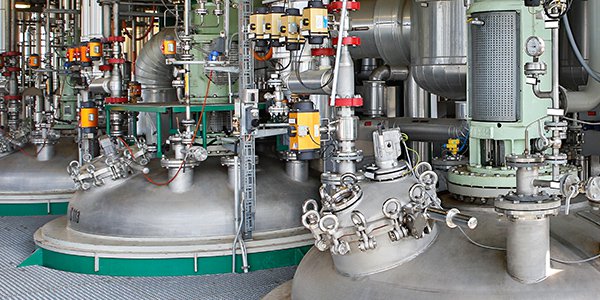
Chemical industry
Products
Export this article
Download as PDFShare this article
Comments ({{comments.length}})
{{getCommentAuthor(comment, "Anonymous")}} {{comment.timestamp | date : "dd.MM.yyyy HH:mm" }}
{{comment.comment}}



